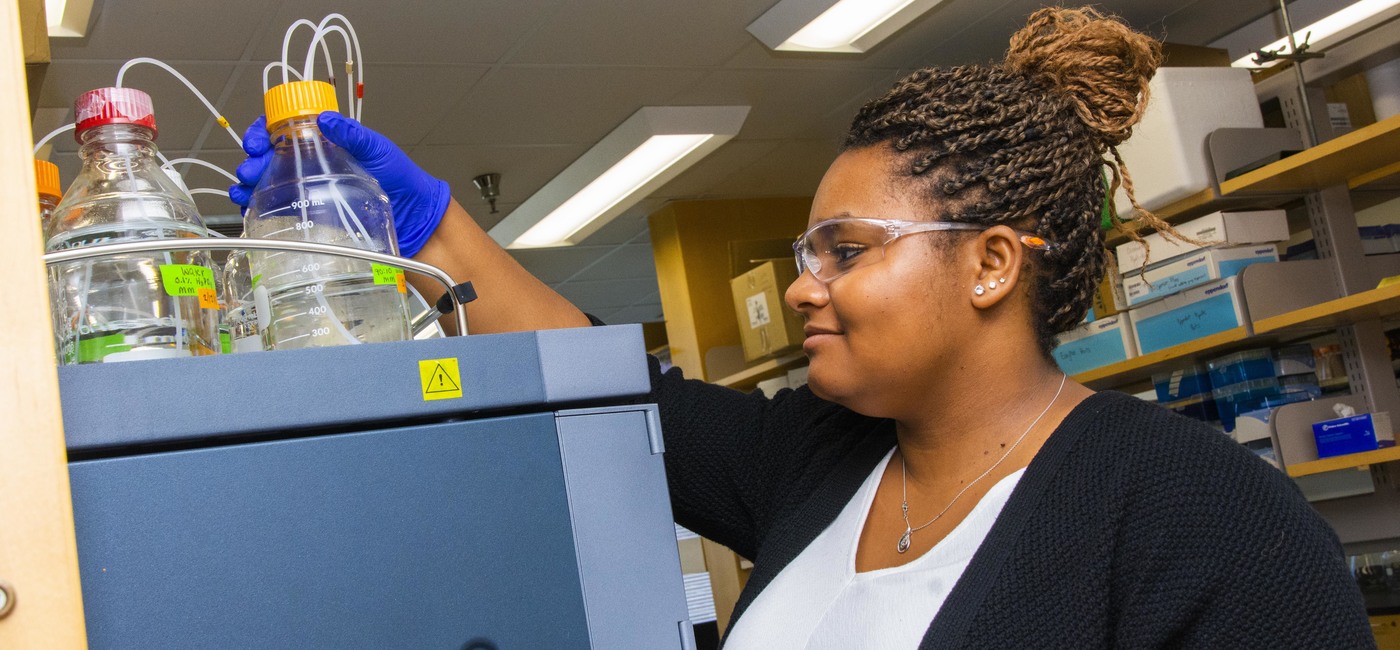The master’s in Environmental Engineering at WPI is designed with your unique needs in mind. Our flexible curriculum lets you focus on your interests and goals in areas like physicochemical treatment processes, treatment of industrial wastes, and storm water quality control.
In addition, your thesis or non-thesis degree can be pursued part or full-time through evening courses online, on-campus, or both, so this degree fits seamlessly into your already busy life.
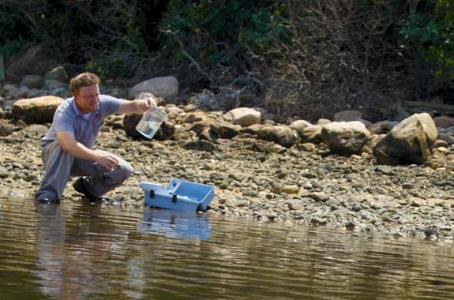
This program is also available online
Learn moreCurriculum
WPI’s master’s in Environmental Engineering puts you in the driver’s seat when it comes to choosing the direction of your environmental engineering graduate studies. Available online and on-campus, part-time or full-time, your degree will include a range of theoretical and practical courses that suit your interests, such as Geohydrology, Biosystems in Environmental Engineering, and Contaminant Fate and Transport. Wondering if your experience fits the environmental engineering master’s prerequisites? Degrees in engineering or physical and life sciences will generally include the necessary background courses.
Engaging in cutting-edge research and in-course projects at WPI you’ll gain a more advanced understanding of the technical and professional aspects of protecting public health and preserving our environment.
Research for Environmental Engineering Master’s Program
Students earning an Environmental Engineering master’s program at WPI engage in cutting-edge, interdisciplinary research both locally and globally that aims to protect our world with effective solutions that address issues of water quality, human health, sustainability, and resource preservation.
By working side-by-side with our pioneering faculty, you’ll help lead advances in novel physical and chemical treatment processes, bacterial-natural organic matter interactions, water quality modeling, environmental hydraulics, protection of water resources, contaminant fate and transport, and more.
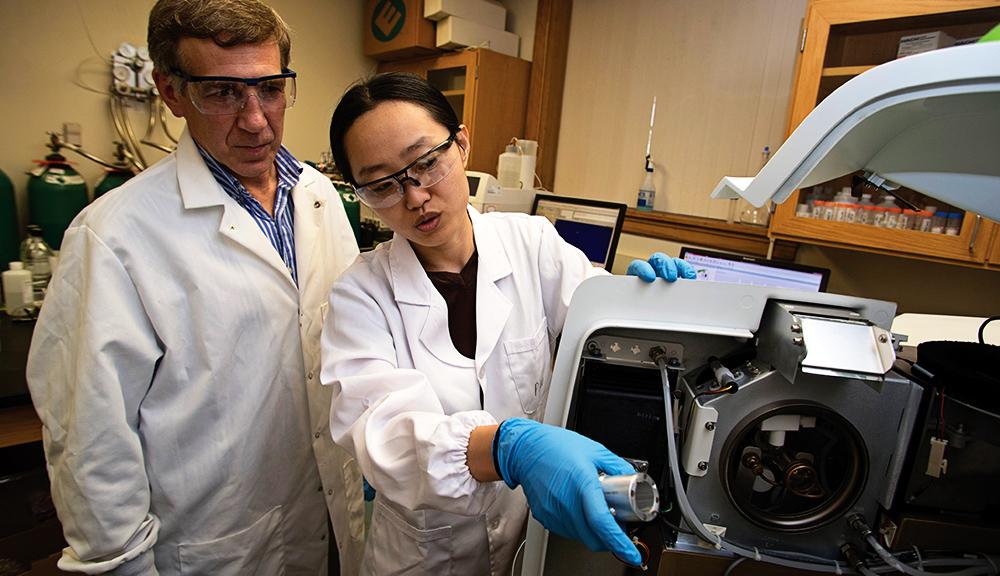
WPI’s EVE program offers flexibility for working professionals. Courses are offered on campus and online so you can balance your career and the pursuit of your education.
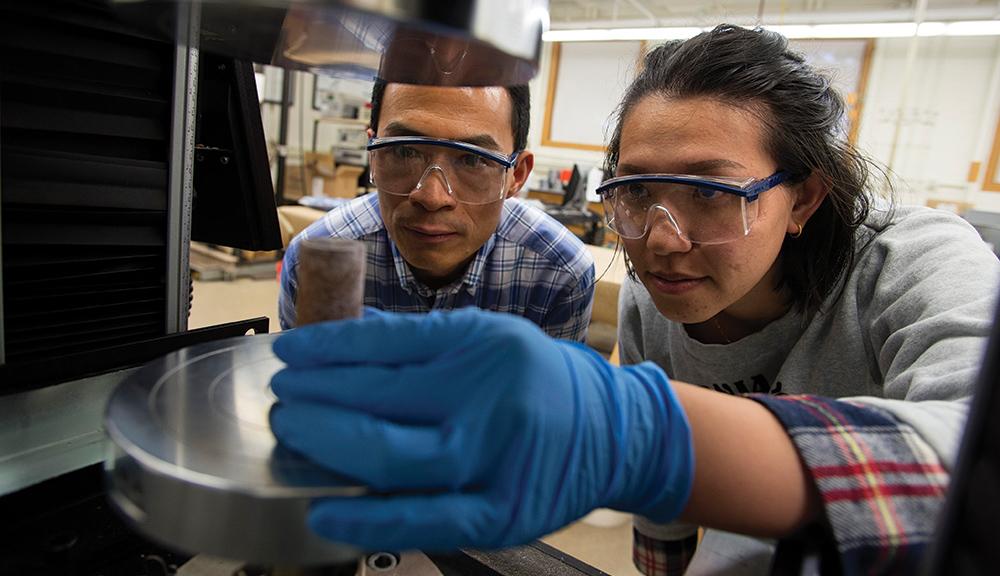
Your research and coursework here address real-world problems so you’ll be ready to apply what you’ve learned to urgent global problems facing society today.
As a graduate student in WPI’s Civil & Environmental Engineering department, you’ll work in state-of-the-art laboratory facilities in the CEE department, as well as in other specialized facilities on campus. You’ll explore different aspects of ecosystems—their functions, their composition, and the actions and policies that influence them—in labs designed for environmental, soil and water quality, and biochemical analyses.
Graduate Studies Series
Team members from Graduate & Professional Studies host quick and convenient webinars designed to highlight popular topics when starting grad school. Take a deep dive into specific areas of interest such as how to secure funding, how to ace your application, an overview of student services, and more!
Faculty Profiles
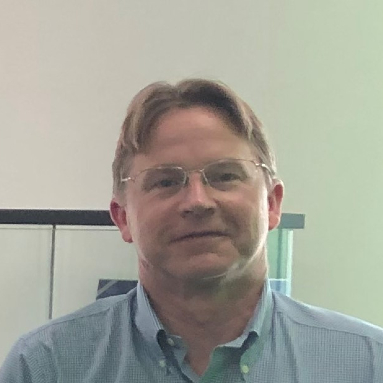

Have questions?
WPI's dedicated graduate student support team can help.
Refer a Friend
Do you have a friend, colleague, or family member who might be interested in a WPI graduate program? Click below to tell them about our programs.
Explore Related Civil & Environmental Engineering Master’s Programs
Are you interested in creating a better future for our planet and the people who inhabit it? Our on campus master’s in civil engineering will give you the expertise to solve critical problems in our society and be on the forefront of cutting-edge research. From natural resource preservation to energy and construction, you will be immersed in small class sizes as you work on global issues with our pioneering faculty. Maybe you’re looking to gain leadership and applied teamwork skills? Check out our ABET-accredited master of engineering in civil engineering offered part or full time. The MEng in civil engineering provides a firm foundation in real-world problem solving and civil engineering basics from environmental to water resources and pollution prevention. If you’re intrigued by construction engineering and resource planning, our on campus master’s in construction project management may be a good fit for you. You’ll gain experience in cost analysis, building information modeling, and even earned value performance indicators with an MS in CPM. Our world-class civil and environmental engineering department is focused on empowering students to become global stewards for the planet and build a more sustainable tomorrow.
Working in the Field? Earn a Master’s in Environmental Engineering Online.
Whether you’re working full time or have other commitments and prefer to take classes online, our online master’s in environmental engineering offers a convenient remote format. You’ll work with our expert faculty and take the same rigorous courses that our on-campus degree offers including advanced water-quality topics, chemistry, hydraulics, and more. We also offer an online master’s in construction project management which enables students to customize their plan of study with topics like sustainable construction practices, supply chain management, modeling, and more. Conduct groundbreaking research and get one step closer to becoming a construction project manager now.
Gain an Industry Edge With a Graduate Certificate
Are you passionate about the construction field, but want to get a leg up and focus more on cost estimating, negotiations, and conflict resolution? A graduate certificate in construction project management gives students a graduate-level introduction to managing complex construction projects. Prefer to learn online? We offer an online format for the construction project management certificate in which students receive the same expert instruction as on campus students. Dive into the same fundamental courses from advanced project management to building information modeling (BIM) and cost estimating procedures as you earn your grad certificate.
Explore Undergraduate Degree Offerings
If you’re interested in an engineering career that helps improve the way the world’s inhabitants move, live, and work, WPI’s bachelor’s degree programs offer students a way to make a difference. Whether you want to strengthen infrastructure across the globe or make the buildings in which we live and work more efficient and safer, our BS programs let you do that. Look into our environmental engineering BS program to examine issues around the environment—especially water and air and how to protect them both. Our architectural engineering bachelor’s degree includes a professional-level capstone design project in the fourth year that gives you real-world experience in the build environment. Looking for a little of both areas? The civil engineering bachelor’s degree program will give you expertise in both the natural world and the build environment so you can tailor your studies to the career path you envision.
Certificates Help Advance Your Career
If you’re thinking you need more knowledge, but you’re not ready for an environmental engineering master’s degree, check out our certificate programs. WPI’s certificates offer a foundation you need to develop more expertise and understanding of specific areas. If you’re interested in advanced water quality topics including analysis, water flow, chemistry, hydraulics, treatment, and resource management, the advanced water quality systems certificate is a good option to move your career forward. Our water resources certificates cover areas including utilizing zeolites for risk remediation, improved methods of detecting and removing hazardous contaminants, and spearheading water sustainability initiatives in your community and around the world.
Ready to Move to a PhD Level?
If you know a PhD is the degree you’ll need to follow your personal and career aspirations, WPI’s civil engineering PhD program opens up opportunities for breakthrough research and discoveries in areas that are aligned with your interests. Your goals can be around improving areas of structural engineering, environmental engineering, construction project management, geotechnical engineering, or highway infrastructure—you’ll find a faculty mentor and opportunities to make an impact with your own research. At WPI, we help you create your professional reputation before you graduate so you’ll be able to launch into your next steps right away.
